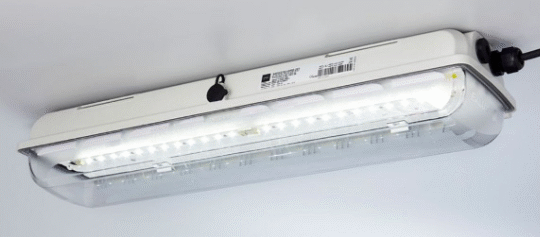
Imagine a world where your fridge orders groceries, your car pays for gas, and your coffee machine tips the barista—all without you lifting a finger. Sounds like sci-fi? Well, it’s closer than you think, thanks to Bitcoin synergy with the Internet of Things (IoT).
Let’s start with smart homes. Picture this: You’re on vacation, miles away from home. Suddenly, your security system detects an intruder. Instead of just sounding an alarm, it sends a micro-payment via Bitcoin to a nearby drone service for immediate surveillance. This isn’t some pie-in-the-sky dream; it’s feasible today.
Now think about supply chains. The logistics industry is notorious for its inefficiencies—lost shipments, delayed deliveries, you name it. Enter IoT sensors that track packages in real-time and use Bitcoin to automatically pay tolls or customs fees as they cross borders. No more red tape slowing things down.
And what about healthcare? Imagine medical devices that monitor patients’ vitals 24/7 and instantly send data to doctors. These devices could use Bitcoin transactions to pay for cloud storage or even compensate patients for their data in real time. It’s like having a personal health assistant who never sleeps.
But wait, there’s more! Smart cities are another playground for Bitcoin and IoT collaboration. Traffic lights could communicate with each other to optimize flow based on real-time conditions and even charge electric vehicles while they wait at intersections using micro-payments in Bitcoin.
Ever heard of predictive maintenance? Industrial machines equipped with IoT sensors can predict when they’ll fail before they do. They can then autonomously order replacement parts using—you guessed it—Bitcoin transactions.
Let’s not forget agriculture either. Farmers can deploy IoT devices to monitor soil conditions and weather patterns. When conditions are right, these devices can automatically buy seeds or fertilizer using Bitcoin payments.
What about retail? Stores could have smart shelves that detect when items are running low and automatically reorder stock using Bitcoin transactions. Shoppers could also make purchases directly from these shelves via their smartphones without ever standing in line.
Even public transport could get a facelift! Buses equipped with IoT sensors could adjust routes based on passenger demand and traffic conditions while accepting fare payments through Bitcoin wallets on passengers’ phones.
The energy sector is another area ripe for disruption. Smart grids powered by IoT can balance supply and demand more efficiently by making micro-transactions in Bitcoin to incentivize energy-saving behaviors among consumers.
How about entertainment? Imagine attending a concert where every seat has an IoT sensor that adjusts lighting and sound levels based on audience feedback collected via instant micro-payments in Bitcoin.
Education too stands to benefit immensely from this tech duo. Students’ progress can be tracked through smart learning platforms that reward them with small amounts of Bitcoin for completing assignments or hitting milestones.
In the automotive industry, cars are becoming smarter by the day. Self-driving vehicles equipped with IoT technology could handle everything from paying parking fees to ordering spare parts autonomously using—you guessed it—Bitcoin!
But let’s dive deeper into some real-world examples. Take the insurance industry, for instance. Imagine having IoT-enabled devices in your home that monitor for potential hazards like water leaks or fire risks. If an issue is detected, a micro-payment in Bitcoin could automatically trigger a service call to fix the problem before it escalates. This proactive approach not only saves money but also brings peace of mind.
Another intriguing application lies in environmental monitoring. IoT sensors can track pollution levels, water quality, and even wildlife movements. These sensors could use Bitcoin transactions to fund conservation efforts or pay local communities for data collection services, creating a decentralized and transparent funding model.
Let’s not overlook the burgeoning field of autonomous drones. These flying robots can be used for everything from delivering packages to conducting aerial surveys. By integrating Bitcoin, drones could autonomously pay for landing fees at designated zones or purchase additional flight time from other drones when their batteries run low.
In the financial sector, smart contracts powered by IoT and Bitcoin are set to revolutionize how we handle transactions. Imagine an escrow service where funds are released automatically once an IoT sensor confirms that goods have been delivered in good condition. No more waiting around for manual verifications!
Agriculture too stands on the brink of transformation with precision farming techniques powered by IoT and funded through Bitcoin transactions. Farmers can deploy drones to monitor crop health and soil conditions in real time, paying for these services as needed with instant micro-payments.
Retailers are also jumping on this bandwagon with automated checkout systems that leverage both technologies. Picture walking into a store, picking up what you need, and simply walking out—your account gets debited via a seamless Bitcoin transaction as you leave.
The travel industry is ripe for disruption as well. Hotels equipped with IoT devices can offer personalized experiences based on guest preferences collected over time—think room temperature adjustments or customized entertainment options—all paid through automatic Bitcoin transactions.


